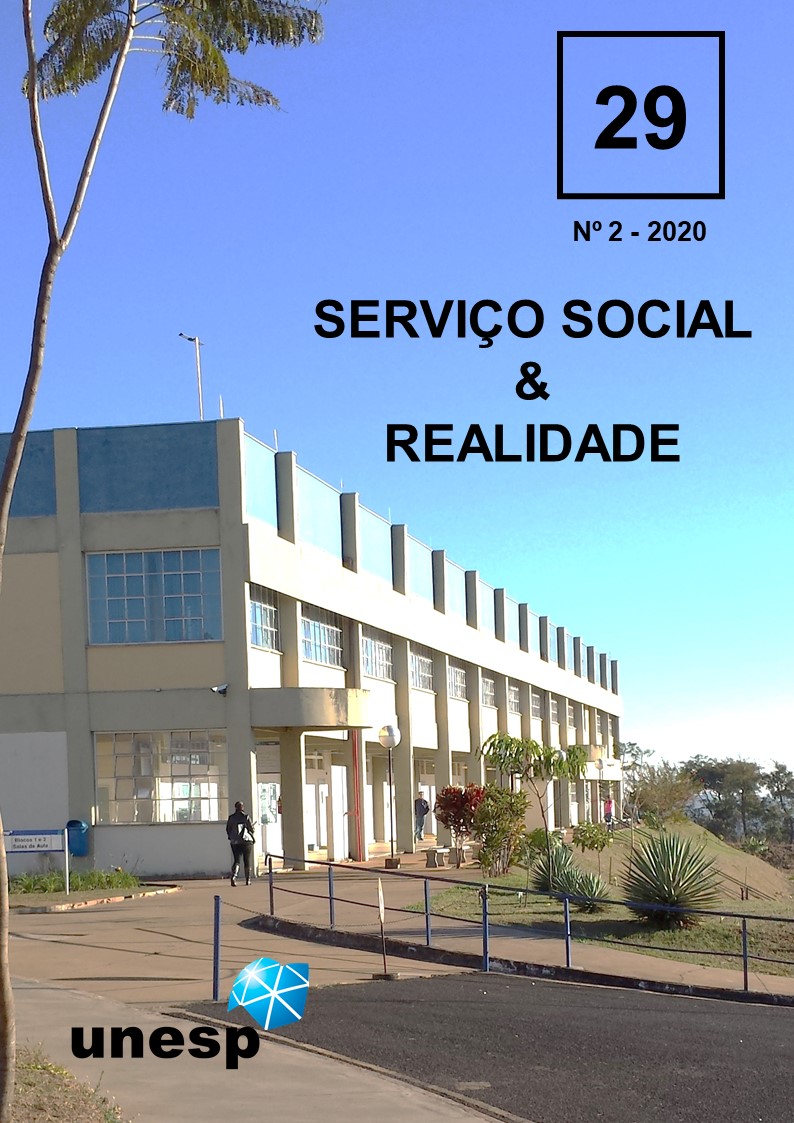BARRIERS TO EMERGENCY AID AND BRAZILIAN STATE BUREAUCRACY
Abstract
The Covid-19 pandemic ravages humanity. Brazil is one of the countries that feels the social impacts more acutely, so that the number of infections already exceeds three million and one hundred thousand deaths. Around the world, several social policies were implemented in an attempt to alleviate economic declines, among the most common public policies during social isolation, being visible from Argentina, the United States of America and Brazil, was the creation of emergency income. In Brazil, emergency aid was created through the facilitation previously imposed by the Citizenship Basic Income Law (Law 10,835/2004). In the same sense, with Law 13.982/2020, monetary aid was enacted to face the coronavirus pandemic. Among the criteria established for receiving the assistance benefit, the second article of the aforementioned rule places essentially socioeconomic criteria. However, in practice, thousands of Brazilians, due to bureaucratic aspects, have not yet received the benefit they deserve. In this sense, the present work has the scope to prove the intimate relationship between the dominant classes and the bureaucratic apparatus of the State and, therefore, it will be demonstrated that despite social advances, the State bureaucratically works to maintain the status quo. . More specifically, the present research intends to prove that the emergency aid is no longer received by tens of thousands of Brazilian citizens precisely because of bureaucratic obstacles. Furthermore, given the materiality and concreteness of materialism in human life, as well as the dichotomy between social advances and setbacks arising from the State bureaucracy, this research opted for the methodological contribution of dialectical historical materialism. Through this methodology, it will be possible to observe the advance of the Brazilian bureaucracy, regarding the apparatus of organization of Social Assistance, it will be possible to reflect on demonstrating the centrality of income due to its material aspect, as well as, dialectically, it will be observed how the process of estrangement from the State – citizen is paradoxical. In addition, as for the results, it is expected to understand State bureaucracy and its relationship with the interests of the ruling classes, as well as in the context of a pandemic, as the administrative devices were not used in the most efficient way to mitigate the effects of the coronavirus pandemic. in the lives of Brazilians.
Downloads
Published
Issue
Section
License
Os manuscritos aceitos e publicados são de propriedade da revista Serviço Social & Realidade.Os originais deverão ser acompanhados de documentos de transferência de direitos autorais contendo assinatura dos autores.
É vedada a submissão integral ou parcial do manuscrito a qualquer outro periódico. A responsabilidade do conteúdo dos artigos é exclusiva dos autores.
É vedada a tradução para outro idioma sem a autorização escrita do Editor ouvida a Comissão Editorial.


